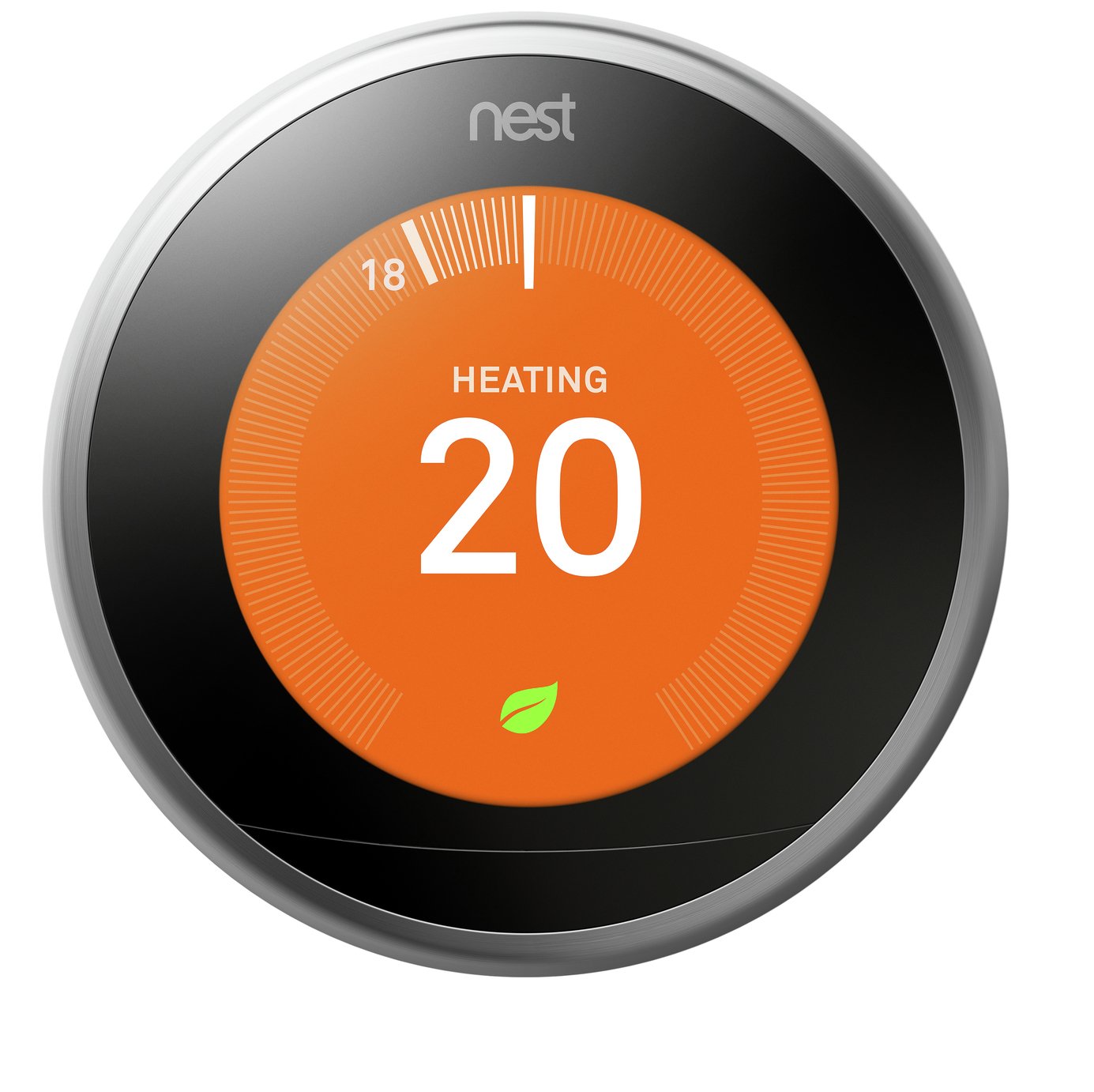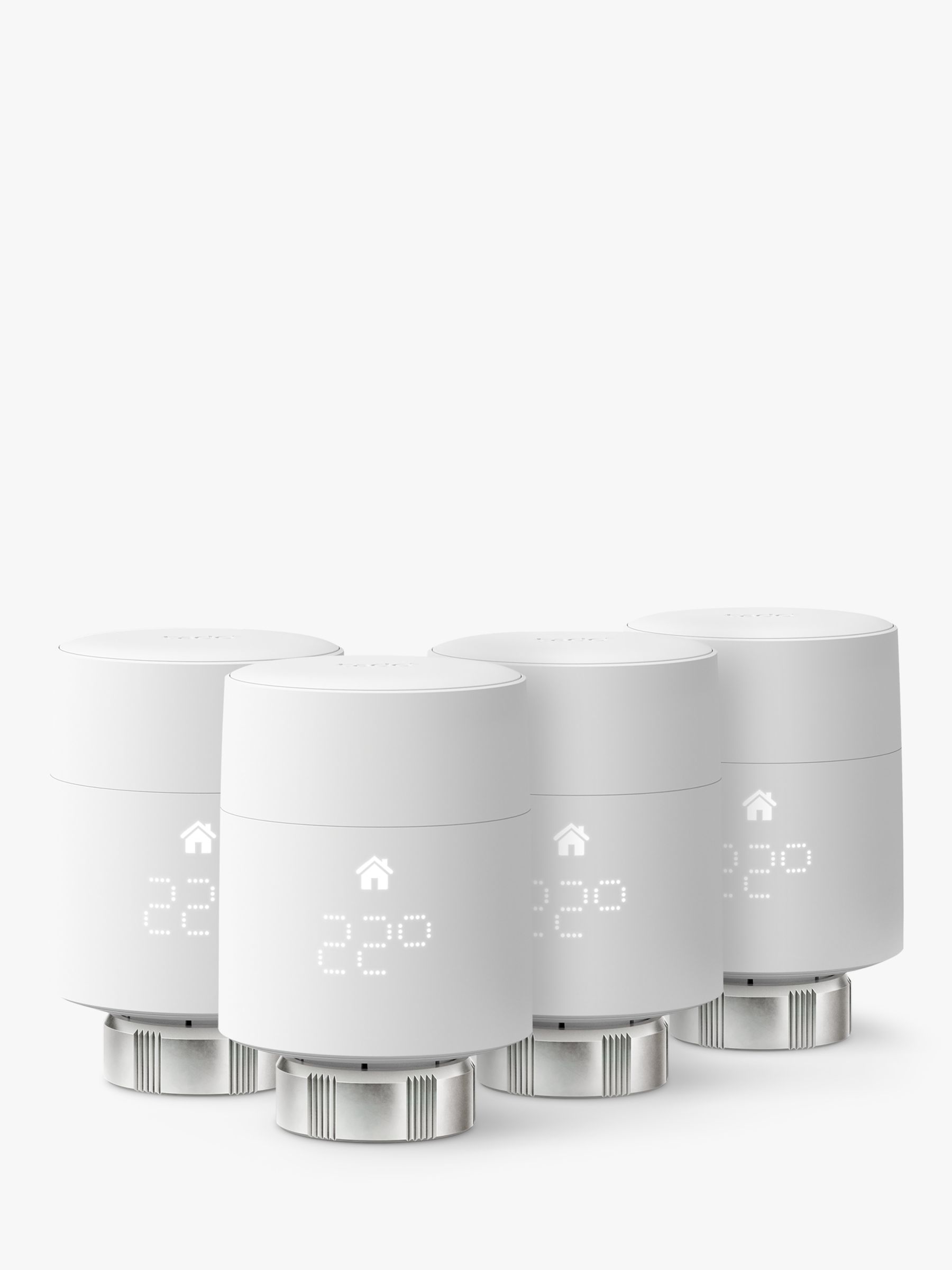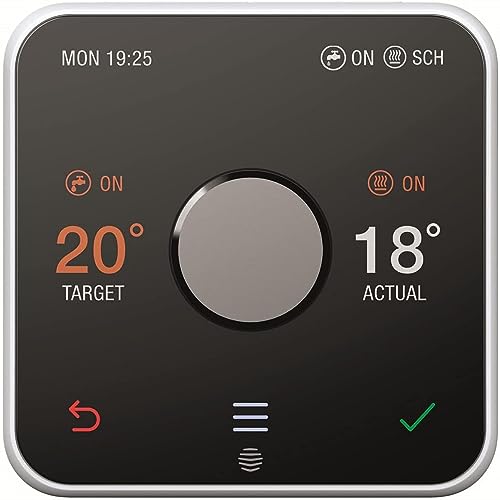Smart heating – what exactly is it and is it worth investing in?
Wondering what all the fuss is about smart heating systems? If both convenience and saving money are important to you, then you need it in your life. We explain all...


Sign up to our newsletter for style inspiration, real homes, project and garden advice and shopping know-how
You are now subscribed
Your newsletter sign-up was successful
If you’re looking to save energy at home or cut your utility bills (or both!), a smart heating system is a relatively easy addition that will help you achieve all the above, while also allowing you to take control and monitor your heating wherever you are.
Easy to install on an existing central heating system, it gives you instant control over your heating - from when you want it to turn on and for how long, to how to switch it off easily and even how to control the heating in different rooms.
Smart meter, smart thermostat, smart system... what's the difference?
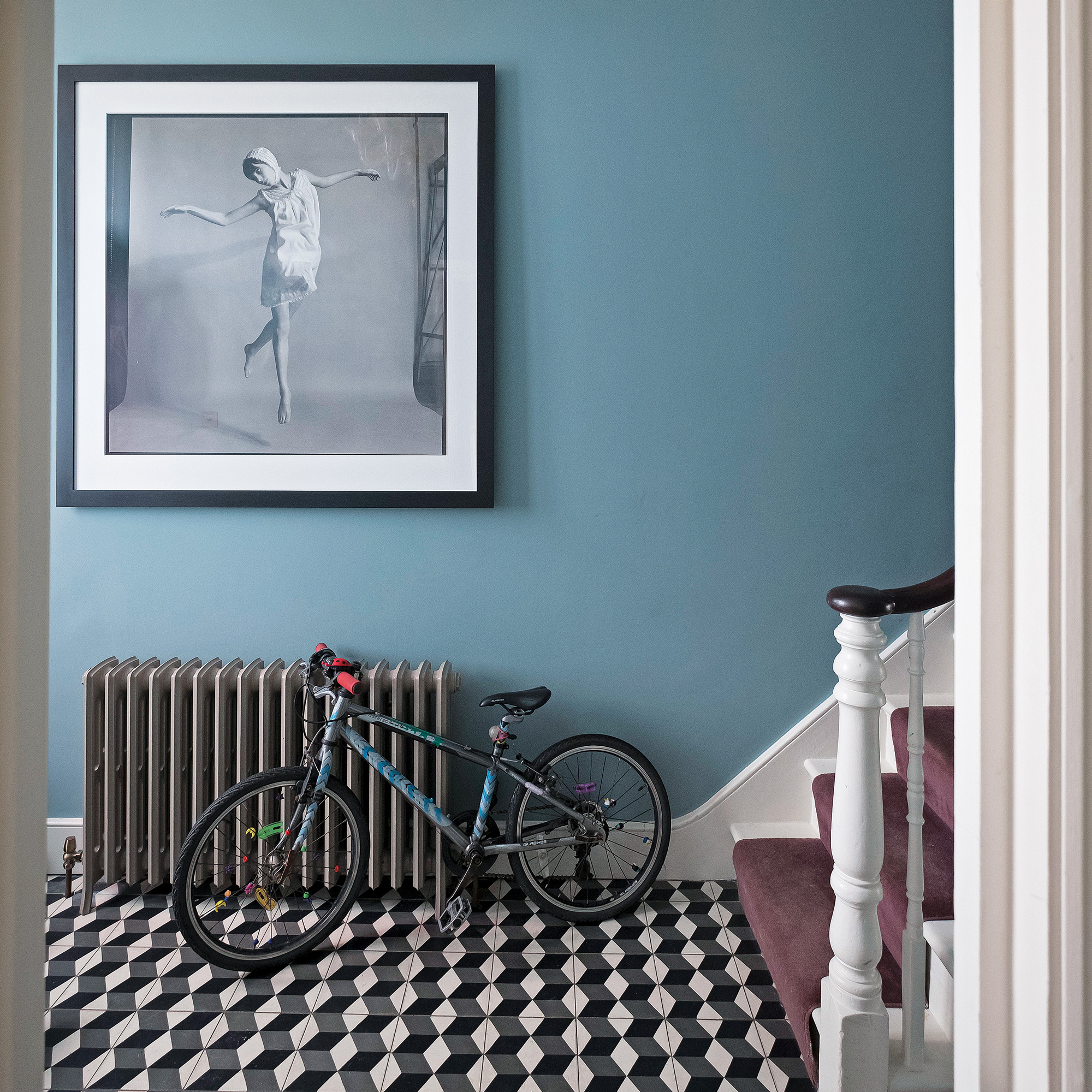
Let’s start by clearing up the confusion between smart meters and smart heating systems. A smart meter is provided and fitted by your energy supplier and shows you real-time energy usage, as well as sending exact meter readings direct to your supplier.
Portable manual thermostats are often offered when you get a new boiler fitted so you can monitor and switch the heating on and off with a handheld device. However, a smart heating system is a further step up in convenience from that.
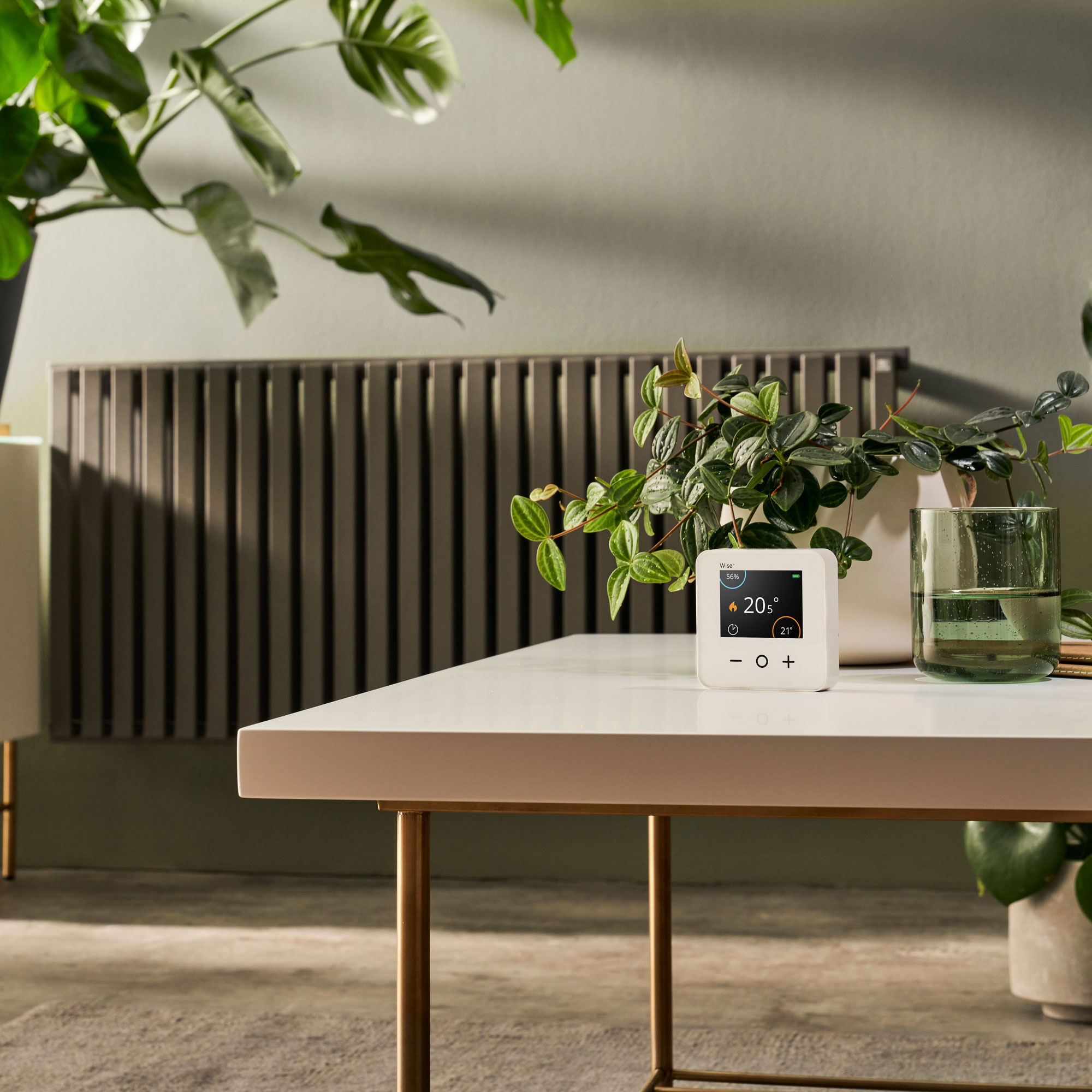
A smart system is primarily a smart thermostat wirelessly connected to a number of smart radiator valves, all of which you would need to buy and install yourself. It can be as compact or as wide-reaching as you choose (or your budget allows). There are so many ways in which you can benefit from a smart heating system. And it can, in turn, also work in tandem with a wider whole smart home system.
James Clark, Technical Training Manager at Wiser agrees. 'Warm the living room by 2°C and dim the lamps for movie night, or turn the heating down and the sound system on for when you’re working out.'
'By controlling each device in each room to suit the moment,' he adds, 'you can make your home smarter, more comfortable and save energy, too.'
Sign up to our newsletter for style inspiration, real homes, project and garden advice and shopping know-how
What are smart thermostats?

Priced at around £100 to £150, smart thermostats come in all shapes and sizes, the majority of which are battery-powered for convenience. A smart thermostat needs to be connected to your boiler - some models you can do yourself, while others may need professional installation.
A smart thermostat replaces the manual portable thermostat that comes with your boiler. The smart thermostat then links up to the Internet via your Wi-Fi signal, as well as your smart home hub (Google Home, Amazon Echo or Apple HomePod), meaning you can then control it via your smartphone or tablet or even via voice control.
Smart heating systems are great for renters to invest in, too, as you can take the individual devices with you when you eventually move. You can just have one smart thermostat on its own. Or you can link up a number of them together along with a whole clutch of radiator valves. As everything is connected to your home’s WiFi, many systems can even be voice-controlled, so you can turn your heating up or down without budging from the sofa - just order Alexa, Google Assistant or Siri to do the job for you.
As well as adjusting the temperature in a room, you can program it to turn your heating on when you’re close to home. It does this by tracking your phone’s location. You can switch it on holiday mode when you’re away to save energy. And you can protect your pipes or have alerts set up if you’ve left the heating on and no one’s home.
Completely independent of energy suppliers, a smart heating system won’t be affected if you choose to switch a tariff or supplier for a better deal.
Launching in October this year, Hive’s thermostats will be integrated into the Samsung SmartThings ecosystem so people can benefit from an extension of the British Gas PeakSave program regardless of whether they are British Gas customers or not. The PeakSave program rewards customers for reducing their usage during peak hours to times when there is more renewable energy readily available. Via SmartThings, you can set appliances like your washing machine to start during these times, taking advantage of half-price electricity.
What are smart radiator valves?
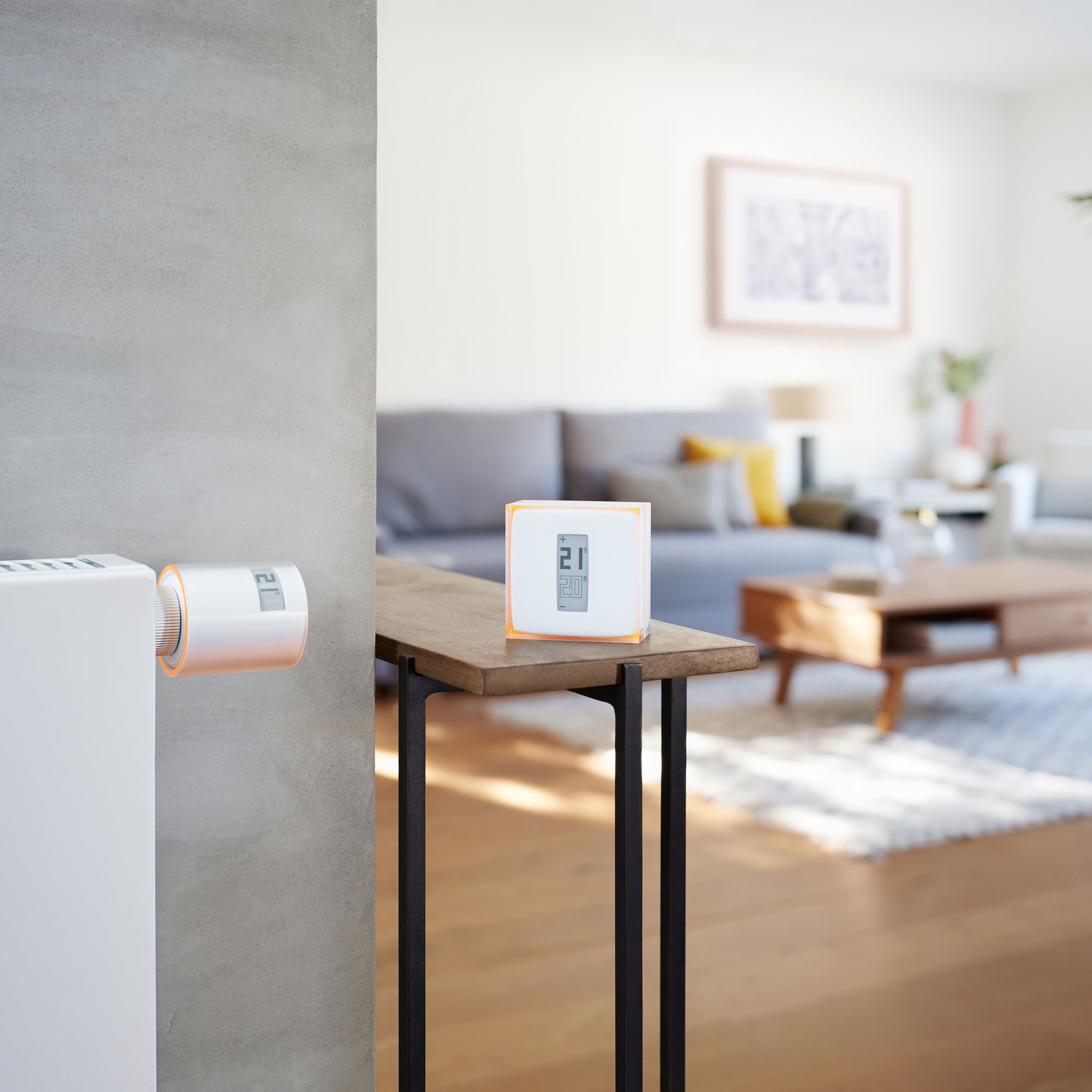
These separate devices can be easily attached to an existing radiator. They are then connected via Wi-Fi to the smart thermostat and hub to allow you to control the radiator independently. This is particularly useful when you want to heat up a room that isn’t used often, or switch the heating off in that room once everyone has left.
How does smart heating save you money?

'Smart meters are brilliant for giving you insight into your usage,' explains James Clark from Wiser. 'One of the most important areas to focus on is your heating and hot water,' continues James. 'This typically accounts for around 80% of a household’s energy usage. New technology is now coming onto the market that takes the data from your smart meter and connects it with your heating system.'
'You can see in real-time exactly how much gas and electricity you’ve been using for heating and hot water. You can also see how much you are spending each month and even how many trees you would need to plant to offset your carbon emissions.'
'To help manage your money, you can access heating predictions that will forecast your spend. There are also budgeting features too, which can be set to notify you when you’re nearing your preferred spend limit. If you’ve activated energy saving modes on your heating controls, you’ll be able to view the money you’ve saved for a feelgood boost.'
How do smart heating systems work in tandem with other smart home devices?
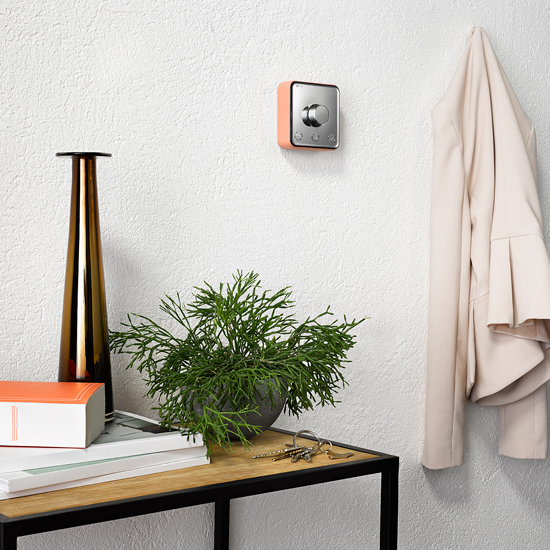
'Many of us now use smart technology to control different elements of our homes, ' explains James, 'whether it’s the heating, smart lighting or our electrical appliances. Chances are you will already have different schedules set for each device.
'But this technology is getting even smarter and more personalised. With some smart home systems, you can now link up your different devices to suit not only the time of day, but exactly what you and your family are doing.'
What companies should I look for?
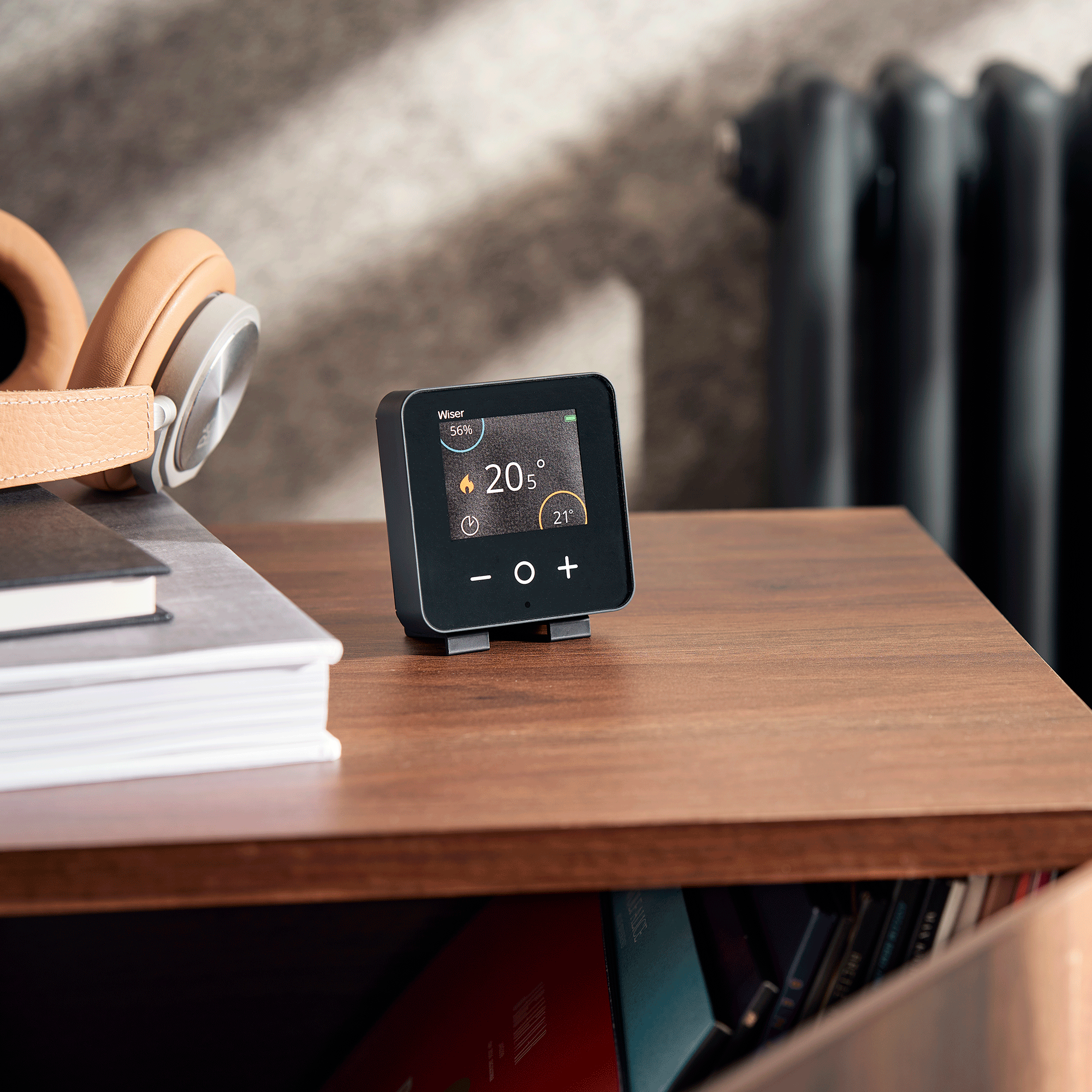
This depends on whether you’re just looking for a smart thermostat or want to boost your heating set-up with additional smart radiator valves. If you live in a relatively small home, a smart thermostat is probably all you need, and the aforementioned Nest is a great choice.
If your home is bigger or you want to control the heating in different rooms at different times, then you will need to choose a brand that sells both smart thermostats and compatible smart radiator valves. Wiser, Tado, Netatmo, Bosch, and Hive are all good choices. The valves are often sold individually or in a multipack (at a slightly reduced price than if you were buying them separately).
If you already have one (or more) Google smart home device, then investing in a Google-owned Nest thermostat is a no-brainer for ease of use and integration (though the Nest will still work with Amazon’s Alexa and Apple’s Siri).
Expect to pay between £150 and £180 for a smart thermostat. Depending on the system you choose, you can either install it yourself, or the company will do it for you for a fee. Valves will set you back a further £40 to 50 each.

Ginevra Benedetti has been the Deputy Editor of Ideal Home magazine since 2021. With a career in magazines spanning nearly twenty years, she has worked for the majority of the UK’s interiors magazines, both as staff and as a freelancer. She first joined the Ideal Home team in 2011, initially as the Deputy Decorating Editor and has never left! She currently oversees the publication of the brand’s magazine each month, from planning through to publication, editing, writing or commissioning the majority of the content.
